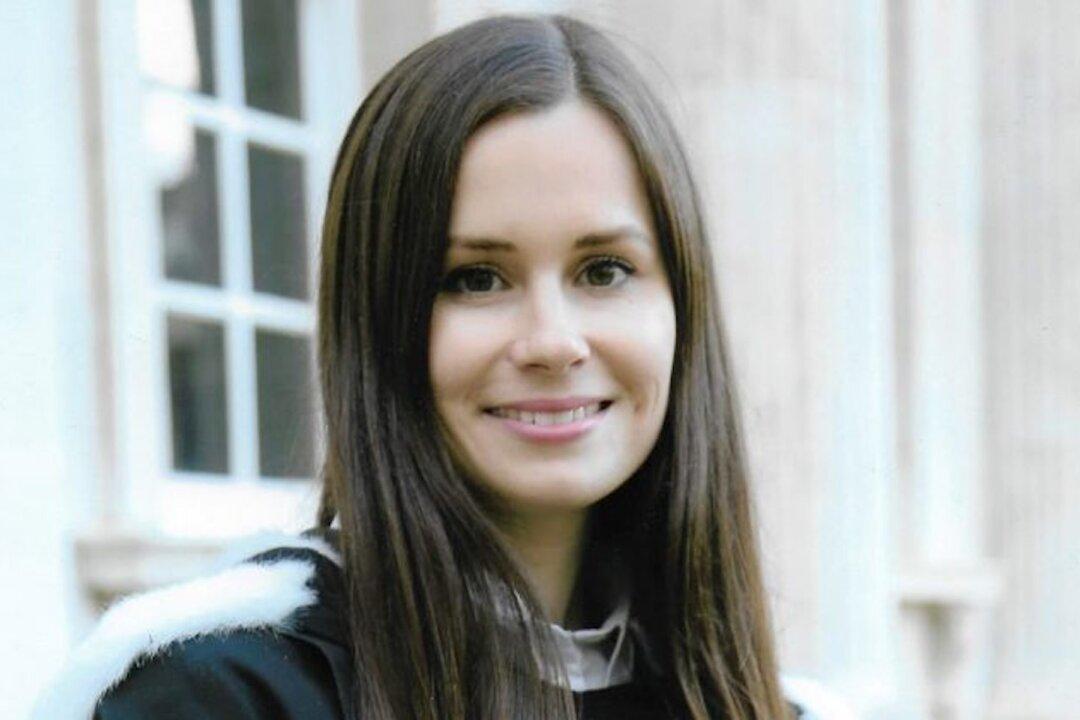An Australian British academic jailed in Iran is claiming that Tehran tried to recruit her as a spy in exchange for her release.
Kylie Moore-Gilbert, an Islamic studies lecturer at the University of Melbourne, has described her ordeal in handwritten letters smuggled out of Tehran’s notorious Evin jail and seen by The Guardian. In the letters, she described feeling “abandoned and forgotten.”





